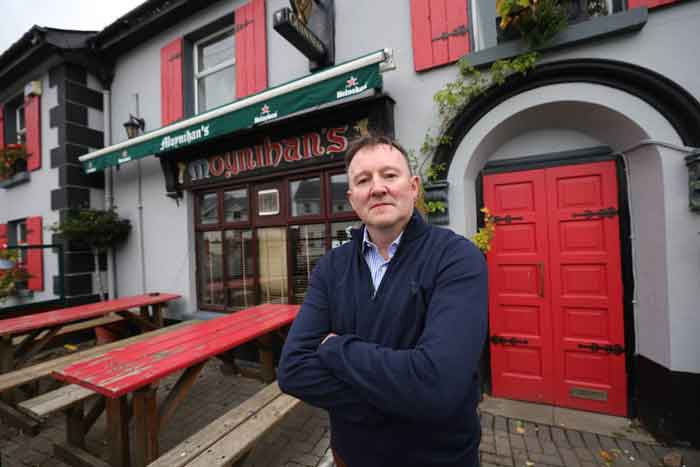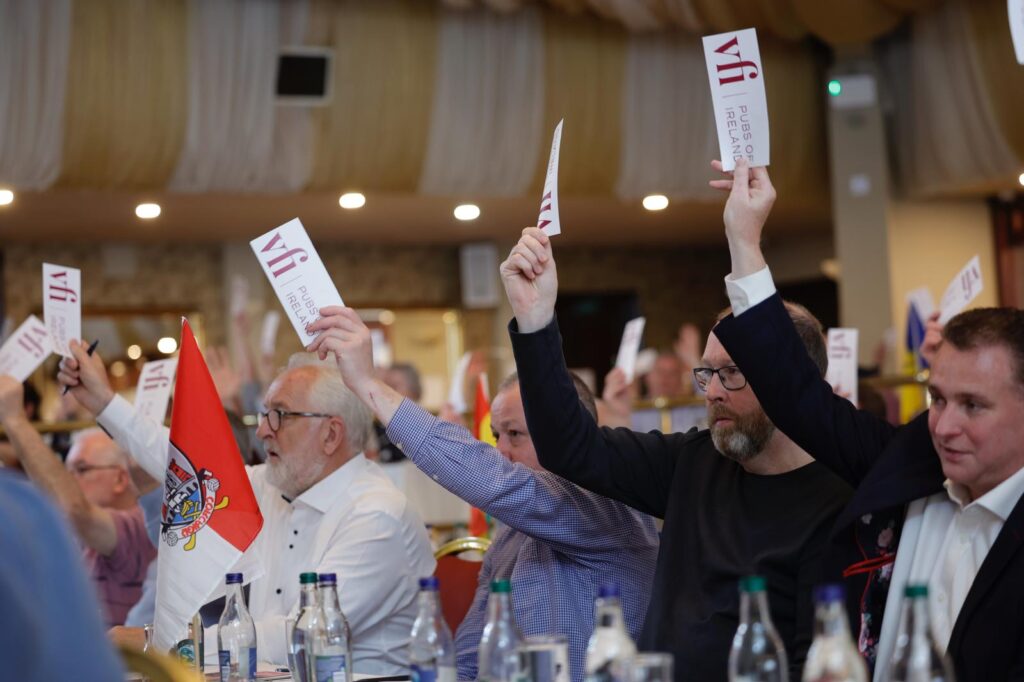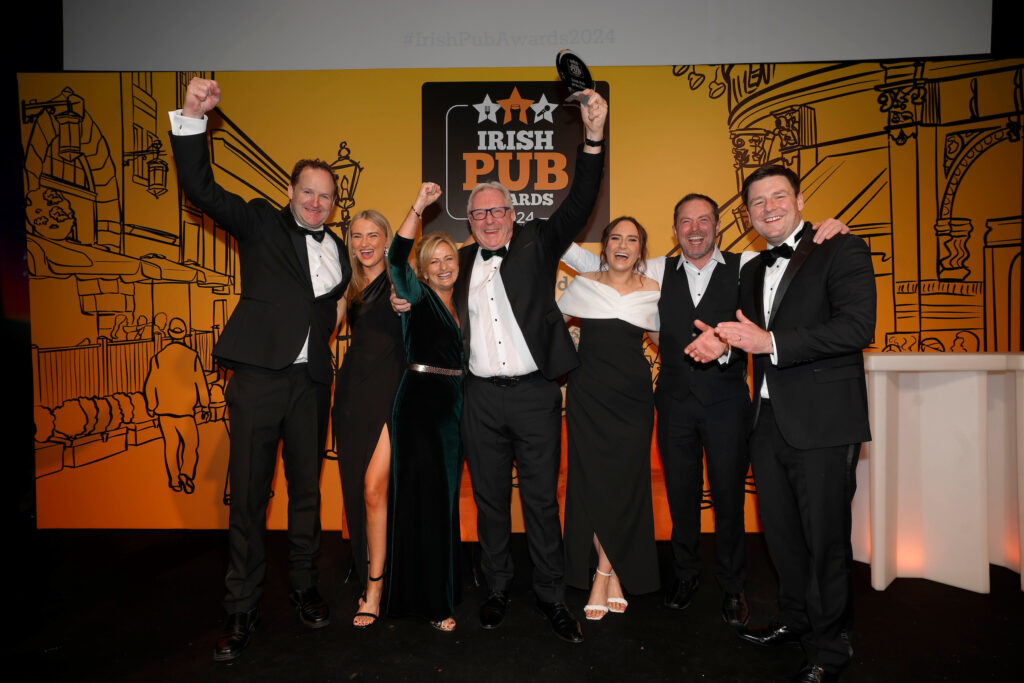For Paul Moynihan, the owner of Moynihan’s bar in Donard, Co Wicklow, the goal for this winter is not to make a profit but to survive. He’s turning off appliances at night, trying to source a generator and reducing the open space in his pub in an attempt to make it through the colder months during the energy crisis.
His electricity bill has increased from €800 a month to about €2,500.
“That’s a lot of money for a small business,” he says. “That’s astronomical.
“They also say there might be a question mark around the availability of electricity between 5 and 7 [pm] which is a very important time for us trading wise.
“It’s a double-edged sword. It’s the cost plus the availability. We’re not sure where we stand about whether we’ll have it.”
Moynihan, the president of the Vintners’ Federation of Ireland (VFI), is looking at everything in the premises that’s using power to see if it can be curtailed.
“When I walk out the door at night now, I turn off as much as I can. Before, you would have left your bottle coolers on and stuff like that, but now everything goes off,” he says. “Whether that saves money or not is another thing; sometimes when you turn things off, they have to build back up.”
Moynihan has been in touch with an electrician to source a generator for the business to prepare for possible blackouts.
“There’s a shortage of generators at the minute. We need one that will do the coolers, because without the coolers we can’t serve draught beer which is probably 80 per cent of our trade,” he adds. “We could handle candles around the pub, and will source some LED lights running on batteries, but it’s the cooling system we need a generator for.”
Moynihan has three areas in his pub, one of which has a stove and that’s the side he will mainly be opening.
“There will be overflow at the weekend, but during the week I’m only going to open what I economically can open, which is the side with the stove in it. This is about survival. It’s not about making money, it’s about getting through the winter.”
Galway publican Joe Sheridan also intends to get a generator given “electricity is just as vital to the business as customers”.
“In our scenario, pubs are high users of electricity in the late afternoon. In areas of potential electricity curtailment and weakness of the grid … this can be quite easily solved by small generators,” he says.
“There’s one thing it being dear, there’s another thing if it’s absent. If you’re in the gastro or public house game, electricity is a vital component. We’ve got to put things in place to get us over the hump.”
Michael O’Donovan, who owns The Castle Inn in Cork, says people have been “savvy” when going out in recent weeks and are not spending as much due to the cost-of-living squeeze.
“They’re all afraid of what’s coming down the line, so that has a knock-on effect on our sales. People are spending less and our bills are going up,” he says. He’s also considering installing battery-powered LED lights, as well as putting fridges, coolers and other necessary electrical equipment on timers.
“The heating that’s coming on now, we’re trying to put it on in parts of the building that are busy as opposed to heating it all up at one time,” he says. “Some businesses are talking about not opening up on a Monday, Tuesday or Wednesday since they’re the quiet days. We’re going to try stay open the full seven days.”
Doyle’s Corner, a pub in Phibsborough, Dublin, is offering customers 20 per cent off their food bill every Tuesday in October, if they wear their coat.
In an effort to help struggling businesses, Minister for Finance Paschal Donohoe announced the Temporary Business Energy Support Scheme in last month’s budget, which will cover 40 per cent of the increase in electricity or gas bills, up to a maximum of €10,000 a month.
While the move was welcomed by publicans, they say it will not solve the difficulties ahead.
Pat Crotty, who owns Paris Texas Bar and Restaurant in Kilkenny, says price increases are about more than just energy, with food also driving up expenses.
“We sell a lot of food as well as drink, particularly meat of every description has gone up significantly,” he says. “Some of that has been driven up by the energy, and some of that has been driven up by other things such as the cost of feed [and] transport going up. It’s just across the board.”
Published in The Irish Times, Monday 10th October 2022


